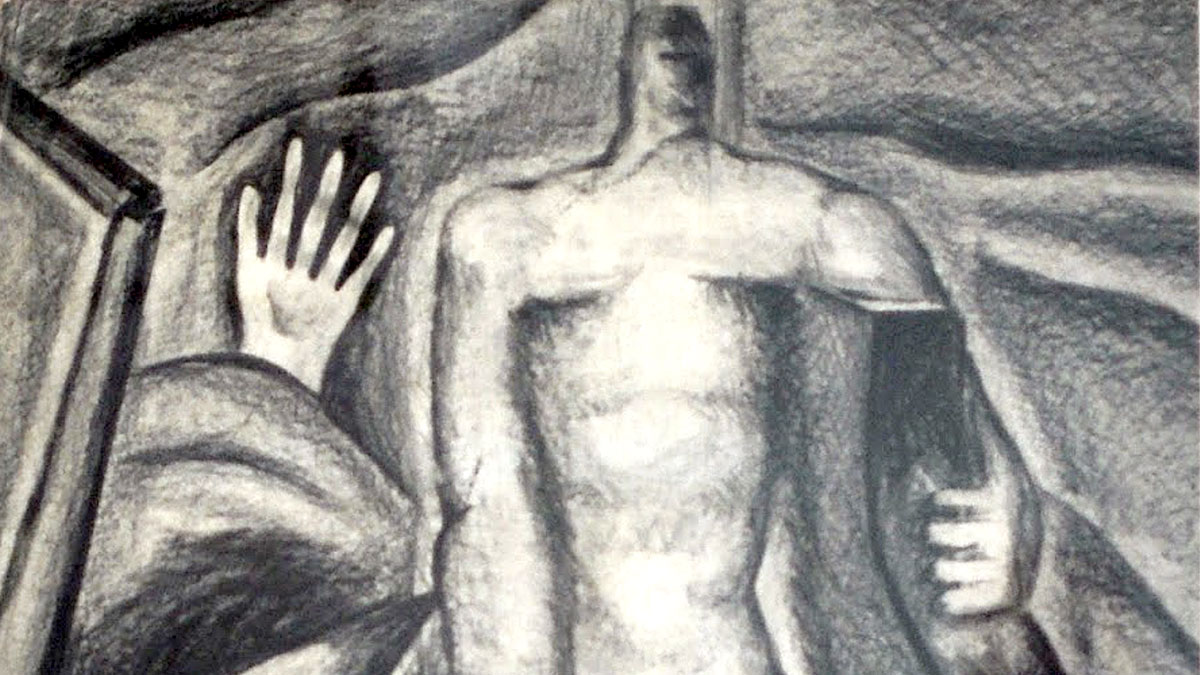The history of homosexuality in Italy from 1915 to 1990 is marked by significant social, cultural, and legal changes.The period saw the foundation of the Italian gay rights movement and the first steps towards broader societal recognition and acceptance.
Early 20th Century (1915-1945)
– During World War I, homosexuality was largely taboo and rarely discussed publicly.
– Under Mussolini’s Fascist regime (1922-1943), there was a strong emphasis on traditional family values. Homosexuality was stigmatised, though not explicitly criminalised. The regime focused more on promoting a hyper-masculine image of the ideal Italian man.
– There was some persecution of homosexuals, but it was often carried out under charges like “public indecency” rather than specific anti-homosexual laws.
Post-World War II (1945-1970)
– After WWII, Italy underwent significant social changes. Homosexuality remained a taboo subject, and homosexual acts were often prosecuted under public decency laws.
– The Roman Catholic Church had considerable influence on Italian society and politics, promoting conservative views on sexuality.
– The 1960s brought a global wave of social change, and Italy saw the beginning of the gay rights movement. However, this movement was initially very small and faced significant resistance.
1970s:
– The Italian gay rights movement gained momentum. In 1971, the Italian Homosexual Liberation Front (Fronte di Liberazione Omosessuale, FLO) was founded.
– This decade saw the emergence of various gay rights groups and publications. The movement was part of a broader wave of social activism, including feminist and student movements.
– The first Italian Gay Pride parade was held in 1979 in Pisa.
1980s:
– The 1980s saw increased visibility for the LGBTQ+ community in Italy. Gay rights groups continued to advocate for legal and social recognition.
– The HIV/AIDS crisis had a profound impact on the gay community, leading to greater awareness and activism around issues of health and discrimination.
Legal and Social Context
Legal Status:Unlike many other European countries, Italy never had a law explicitly criminalizing homosexual acts between consenting adults. However, homosexual acts were often prosecuted under laws concerning public decency or public scandal.
Social Attitudes:Throughout this period, social attitudes towards homosexuality were largely negative, influenced by the Catholic Church and conservative cultural norms. However, the late 20th century saw a gradual shift towards greater acceptance and visibility.
Key Events and Milestones
-1979: First Italian Gay Pride parade in Pisa.
-1980s:Formation of various LGBTQ+ advocacy groups and increased activism in response to the HIV/AIDS crisis.
